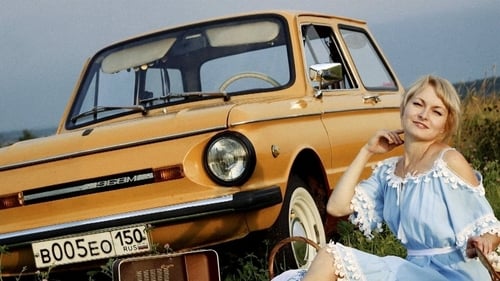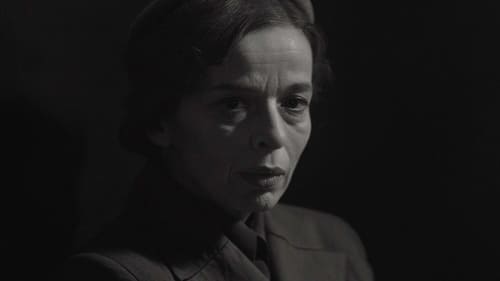
Co-Producer
A cinematic, character-driven insight to what it meant to produce and to own a car in communist times: the Socialist propaganda dreams and the hard reality of living that dream. The freedom that these slow and clumsy vehicles were giving to their owners; the cars as an instrument in the Cold War battle; legends and homemade tune-ups as an attempt to stand at least a little bit off the crowd.

Writer
Firmly believing her own life is no more precious than the lives of the innocent people being persecuted, with the help of a few friends, Diana embarks on a perilous campaign of rescuing more than 10,000 children from the Ustasha camps in Nazi-occupied Croatia.

Director
Firmly believing her own life is no more precious than the lives of the innocent people being persecuted, with the help of a few friends, Diana embarks on a perilous campaign of rescuing more than 10,000 children from the Ustasha camps in Nazi-occupied Croatia.

Herself
Você se lembra da última vez que você falou com seus pais? O que você fala? Você ficou pouco mais longe da previsão do tempo e da política diária? Cinco anos após o último encontro, uma festa de aniversário reúne uma família de quatro membros ordinários. Eles começam a questionar o que os fez se afastar um do outro ...

Writer
Você se lembra da última vez que você falou com seus pais? O que você fala? Você ficou pouco mais longe da previsão do tempo e da política diária? Cinco anos após o último encontro, uma festa de aniversário reúne uma família de quatro membros ordinários. Eles começam a questionar o que os fez se afastar um do outro ...

Director
Você se lembra da última vez que você falou com seus pais? O que você fala? Você ficou pouco mais longe da previsão do tempo e da política diária? Cinco anos após o último encontro, uma festa de aniversário reúne uma família de quatro membros ordinários. Eles começam a questionar o que os fez se afastar um do outro ...

Writer
Lidija is 37, she was born in a small town on the Croatian coast. At the age of 19 she left for Amsterdam, where she was promised a waitressing job, but she ended up in the Red Light District. After 15 years, she returns to her hometown to turn a new page and become a mother. In the film she speaks up for the first time about leaving and returning to a conservative community, everything she experienced in between and describes Amsterdam’s windows, porn sets, Playboy covers.

Director
Lidija is 37, she was born in a small town on the Croatian coast. At the age of 19 she left for Amsterdam, where she was promised a waitressing job, but she ended up in the Red Light District. After 15 years, she returns to her hometown to turn a new page and become a mother. In the film she speaks up for the first time about leaving and returning to a conservative community, everything she experienced in between and describes Amsterdam’s windows, porn sets, Playboy covers.

Production Assistant
An intimate story about the author's search for her brother who went missing in action during war in Croatia in 1991. In a way, the film is a follow-up of the author's grandmother whose husband was killed in World War II. For the rest of her life the grandmother was awaiting his return. The Boy Who Rushed won numerous national and international awards, including the annual Vladimir Nazor Award for Film. It was shown at more than twenty international festivals. In 2001, it was Croatian candidate for Oscar for Best Documentary Film. The Boy Who Rushed is one of the best and most awarded Croatian documentaries in the past two decades.

Editor
"Croatia 2000 - Who Wants To Be A President" is a feature-length documentary film about dramatic political events that occurred in the period between the death of Croatian president Franjo Tudjman and the victory of Stipe Mesić in the presidential elections. Incessantly following (sometimes with ten cameras) the most influential figures in Croatian political life, cameras witnessed the moments of their biggest battle, their greatest victory and crushing defeat, and days of great strain, passion and political combat.









